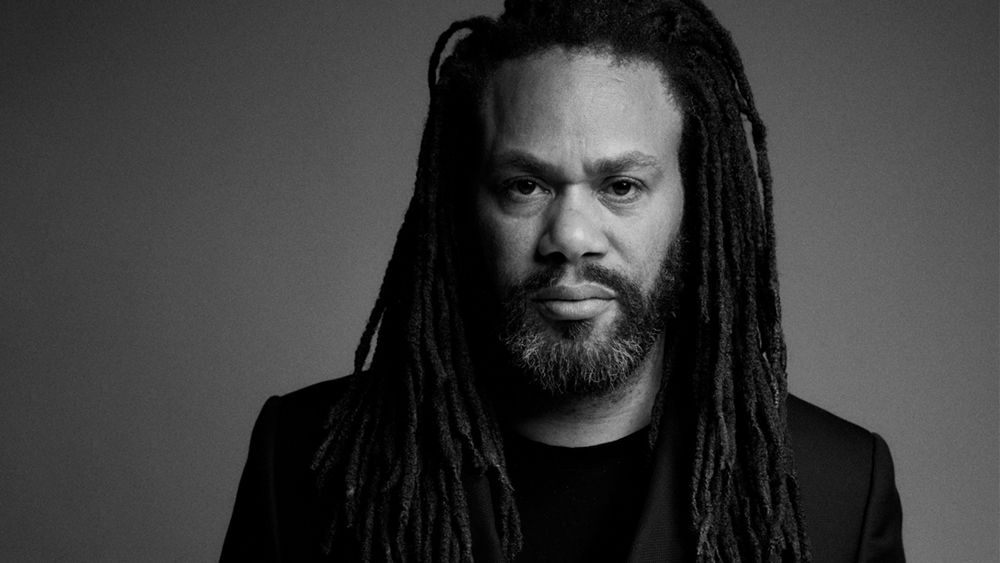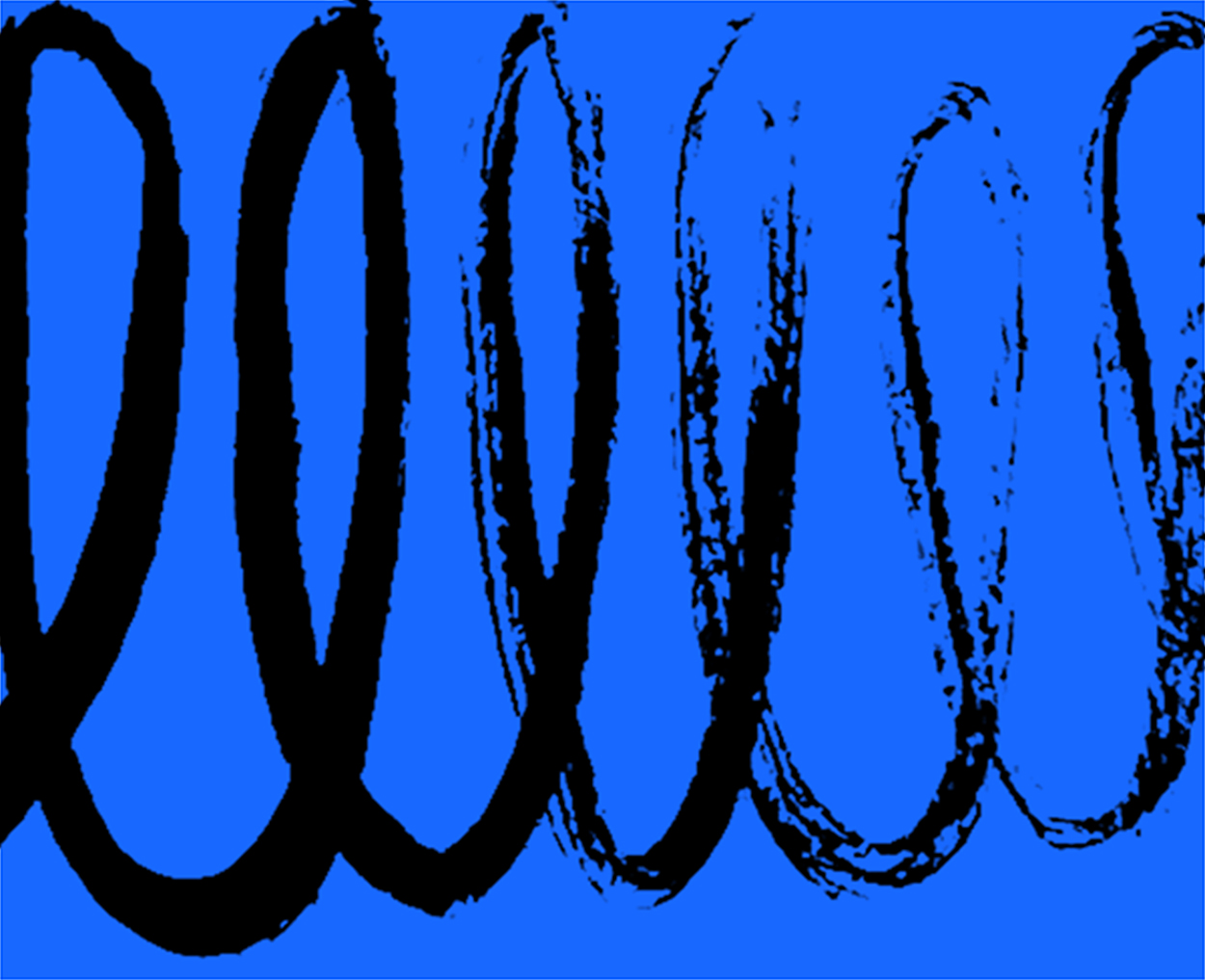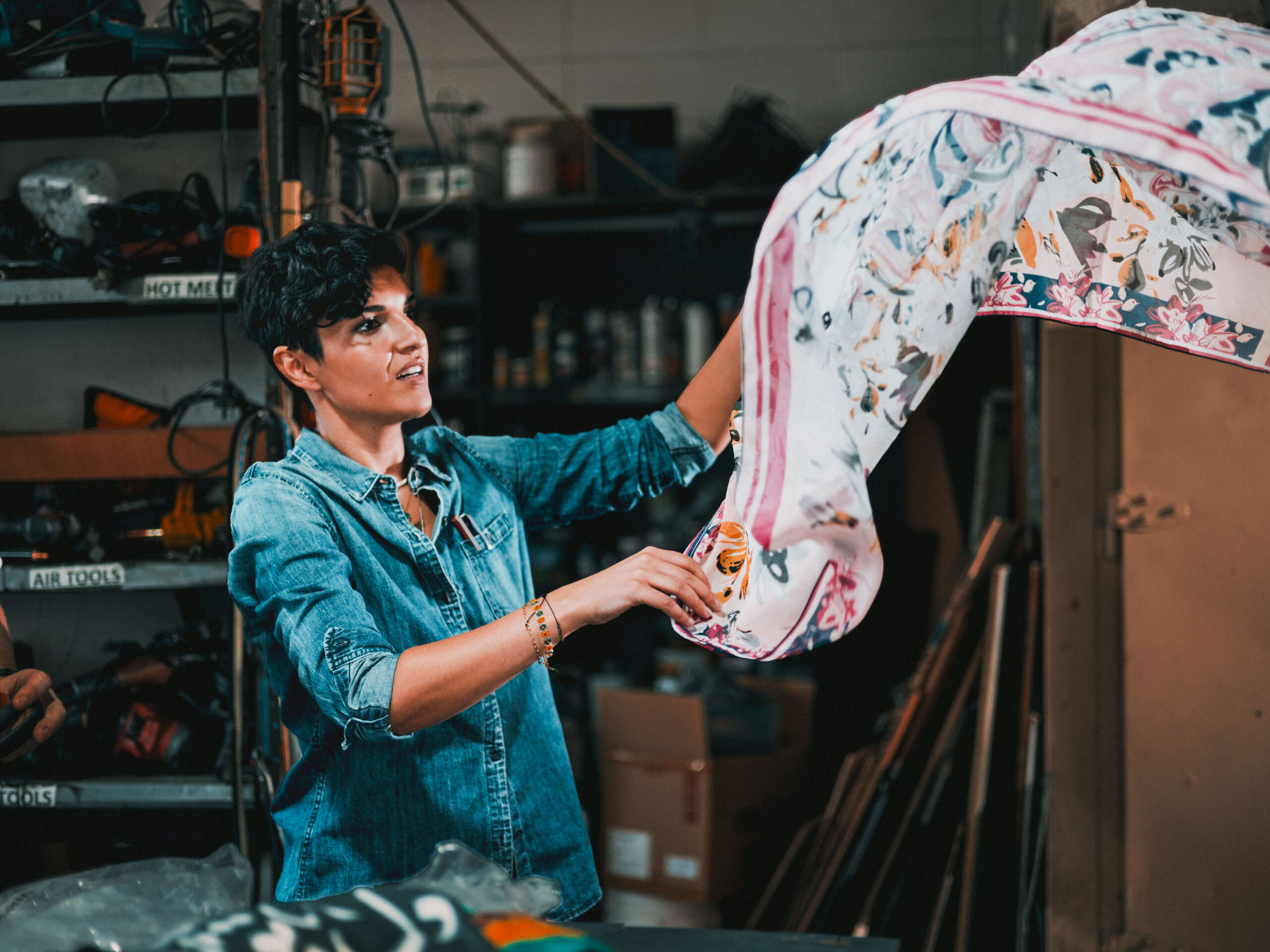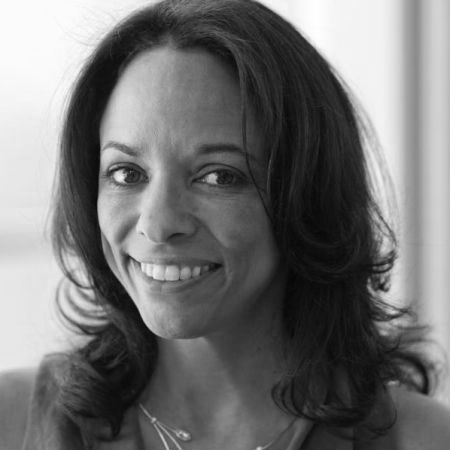|
Nobody knows this better than Franklin Leonard, the founder of The Black List.
What started as an annual list of unproduced screenplays has now evolved into a significant force in the film industry and a global platform uniting creative professionals around the power and potential of the written word.
Jessica Helfand and I caught up with Leonard for the latest episode of the Design of Business | Business of Design podcast. I beseech you to listen to the conversation and share it widely with friends.
The Black List, now nearly 20 years old, has long been a force for inclusion in Hollywood — and also for revenue.
Of the roughly 1,500 scripts that have appeared on the list, a third have been produced, making over $30 billion at the box office worldwide. These films have earned 267 Academy Award nominations and 54 wins, including four Best Picture wins for Spotlight, Slumdog Millionaire, The King’s Speech, and Argo.
“Maybe most joyously for my mother, who’s still mad that I didn’t go to grad school, Harvard Business School did a study on the annual list … and found that movies made from scripts on The Black List — controlling for all other factors — make about 90% more in revenue than movies made from scripts not on The Black List,” Leonard says.
He describes The Black List as a “metal detector” that has honed the ability to unearth potential riches created by people overlooked by the Hollywood system.
“I cannot claim any credit for the success of these movies individually,” he says. “I think what we can take credit for … as a team of people … is identifying things that, if they are invested in further by talented people, have a better chance of success, both critically and commercially.”
Leonard also dug into the complex reasons true inclusion continues to elude the entertainment industry. He began by highlighting the enormous opportunity costs.
“Shortly after George Floyd’s murder, [my former consulting employer] did a study on the economic costs of anti-Black bias in Hollywood,” he says. “And what they found was that the industry is missing out on about $10 billion every year as a consequence of anti-Black bias. And that comes in many forms.”
Leonard’s personal story offers poignant proof that when you widen the aperture, you find the passion, talent, and imagination that bias is doomed to ignore.
“You know, I was a big nerd,” he says. “I made the joke before that I was Steve Urkel while Steve Urkel was on television, which was not really great for my social life. I had a lot of solitary time as a kid, and a lot of that time was spent doing schoolwork. And the other part of that time was spent in movie theaters.”
As much as he loved the movies, Leonard quickly learned to see what was missing: the characters and stories that represented a wider world.
“I actually don’t sit around thinking a lot about how I can diversify Hollywood,” he says. “I spend a lot more time thinking about how I can make Hollywood more of a meritocracy, because I know that if it was more of a true meritocracy, real diversity would be inevitable.”
Follow The Design of Business | The Business of Design on Spotify, Apple Podcasts, or your favorite podcast app.
|










 Ellen McGirt is an author, podcaster, speaker, community builder, and award-winning business journalist. She is the editor-in-chief of Design Observer, a media company that has maintained the same clear vision for more than two decades: to expand the definition of design in service of a better world. Ellen established the inclusive leadership beat at Fortune in 2016 with raceAhead, an award-winning newsletter on race, culture, and business. The Fortune, Time, Money, and Fast Company alumna has published over twenty magazine cover stories throughout her twenty-year career, exploring the people and ideas changing business for good. Ask her about fly fishing if you get the chance.
Ellen McGirt is an author, podcaster, speaker, community builder, and award-winning business journalist. She is the editor-in-chief of Design Observer, a media company that has maintained the same clear vision for more than two decades: to expand the definition of design in service of a better world. Ellen established the inclusive leadership beat at Fortune in 2016 with raceAhead, an award-winning newsletter on race, culture, and business. The Fortune, Time, Money, and Fast Company alumna has published over twenty magazine cover stories throughout her twenty-year career, exploring the people and ideas changing business for good. Ask her about fly fishing if you get the chance.